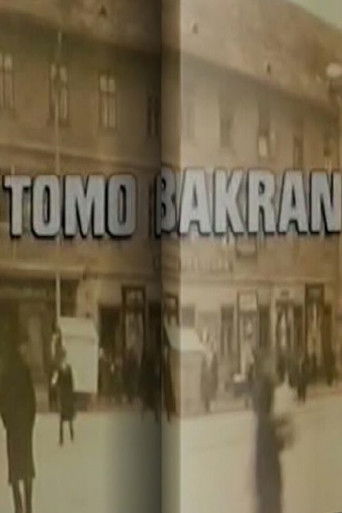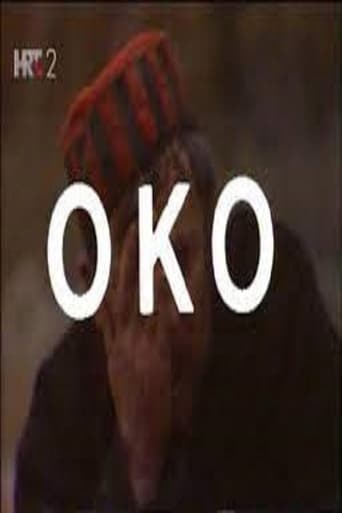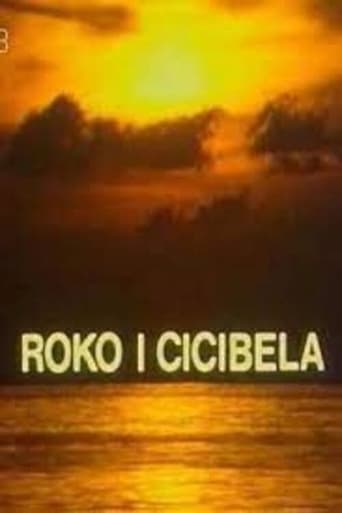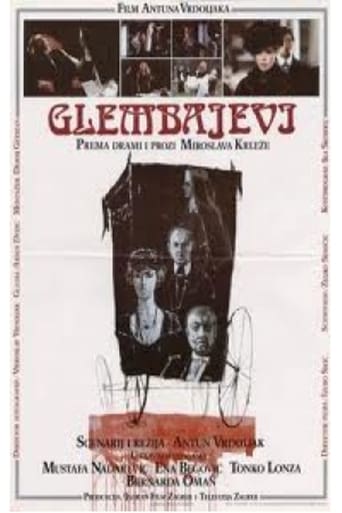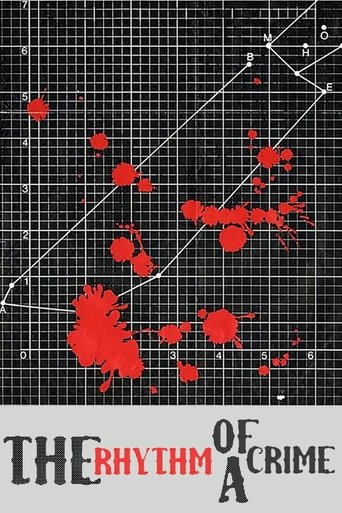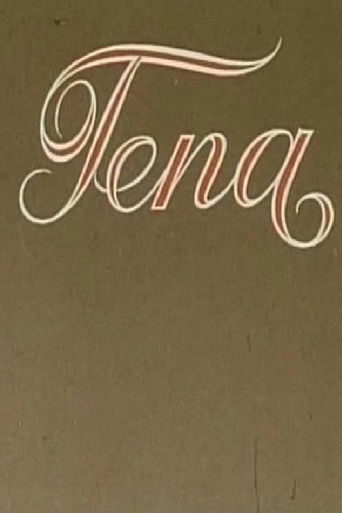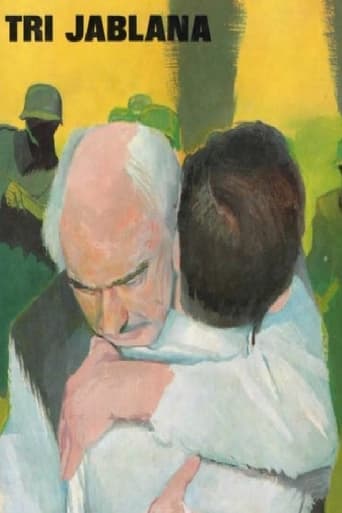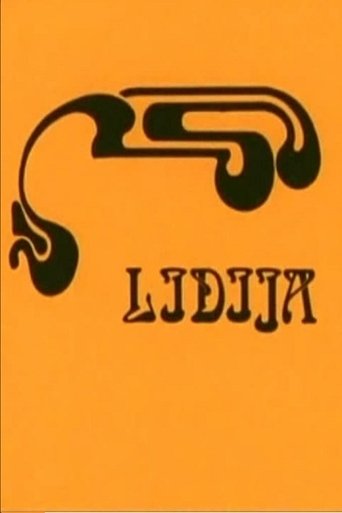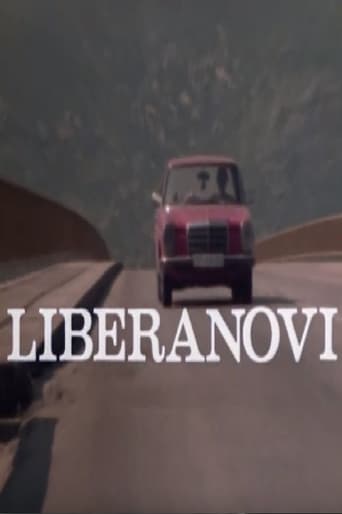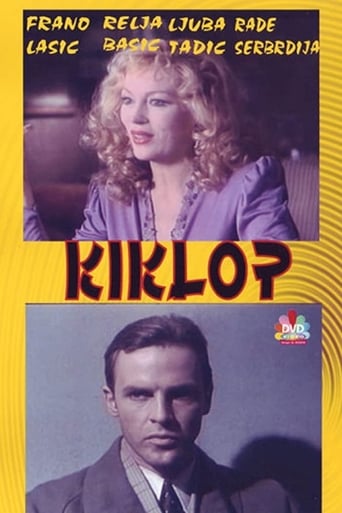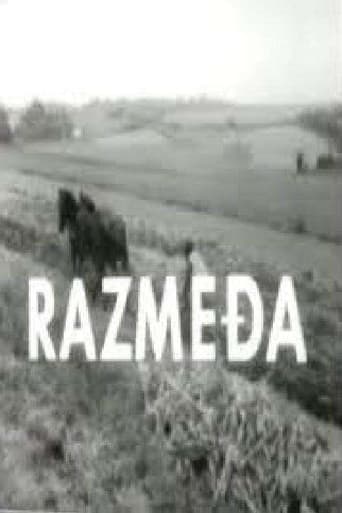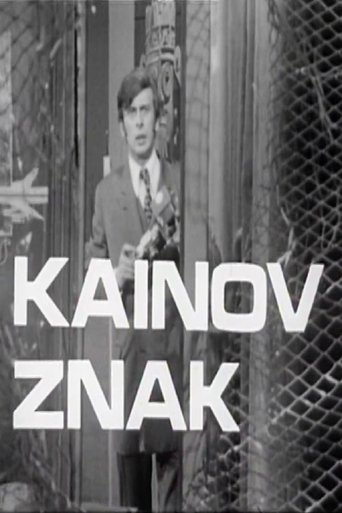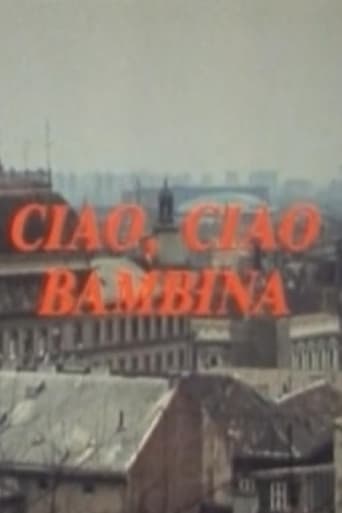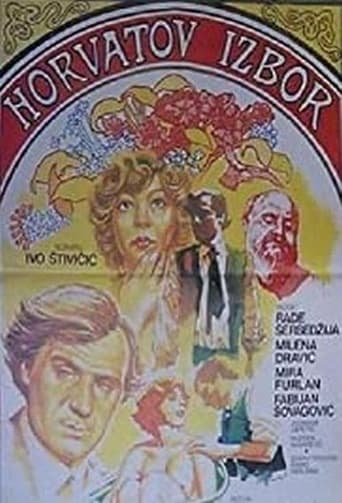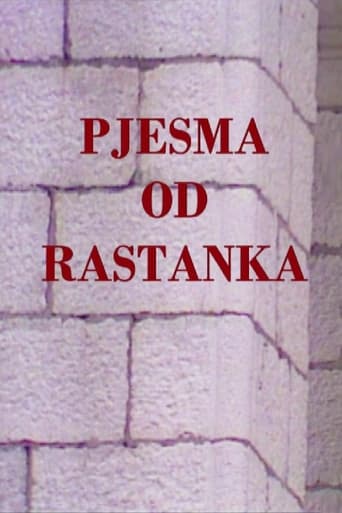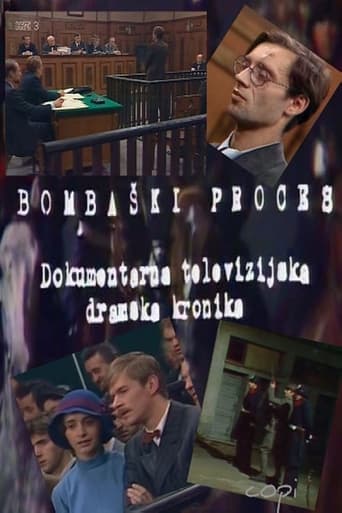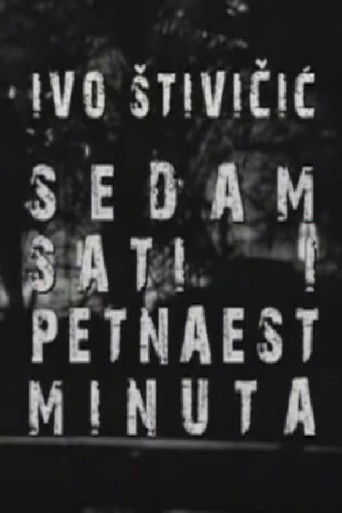The film was created based on the stories of Marino Zurl, head of humanitarian action of the weekly Arena newspapers, who from 1963 to 1971 was looking for the next of kin of children separated from their parents during World War II and taken to camps and shelters. Many of them later grew up in orphanages or foster families, like the three main characters of this film, Ana (Biserka Ipša), Nenad (Mustafa Nadarević) and Toma (Božidar Orešković). Each of them relates in a different way to the past and the possibility that, as young accomplished adults, they can finally solve the secret of their identity and meet members of their real families.
